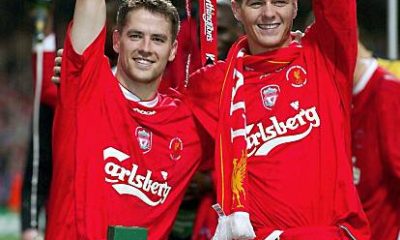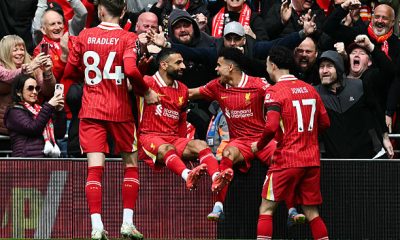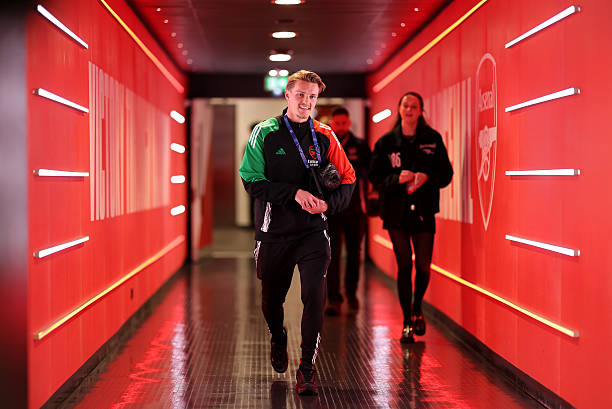
Arsenal Ødegaard is now one of the Premier League’s most admired midfielders, but his road to stardom wasn’t smooth. Signed by Real Madrid as a teenage prodigy, he never fulfilled his potential in Spain. Yet at Arsenal, he’s become a captain, playmaker, and driving force of Arteta’s dynamic side. This article unpacks 11 detailed reasons why Ødegaard failed at Real Madrid but is thriving brilliantly in North London.
11. Arsenal Is Building Around Him
The most important difference between Ødegaard’s time at Madrid and Arsenal is this: at Arsenal, he’s not just part of the team—he’s the centerpiece. The team is built around his vision, creativity, and leadership.
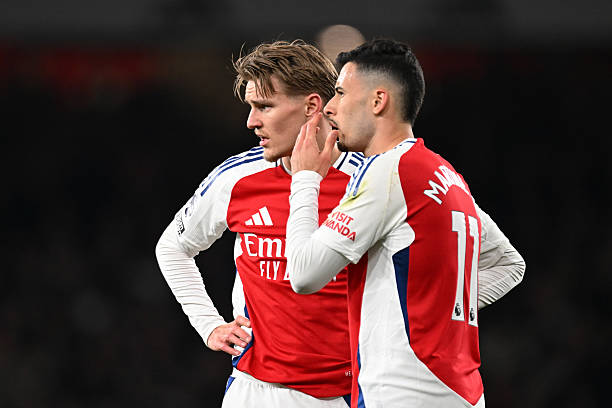
Young stars like Bukayo Saka, Gabriel Martinelli, and Declan Rice benefit from Ødegaard’s direction. Arsenal Ødegaard is no longer a “prospect”; he’s the engine of the system.
10. Matured Mentality and Confidence Boost
Ødegaard matured through his loans in the Netherlands and Spain, but he found his full confidence only after joining Arsenal. The belief shown by Mikel Arteta and the club allowed him to flourish.
Arsenal Ødegaard now plays with a sense of purpose, dictating games with calm precision and leading like a seasoned pro.
9. Arsenal Offers Stability Madrid Couldn’t
Real Madrid is a club defined by trophies and transition. Managers come and go. Players rise and fall in an instant. Young players rarely get the time or space to grow.
Arsenal, on the other hand, has given Arsenal Ødegaard a consistent system, coach, and vision. That kind of stability is invaluable for player development.
8. Arsenal’s System Maximizes His Stats
Let’s compare the numbers:
| Season | Matches | Goals | Assists | Chances Created/Game |
|---|---|---|---|---|
| 2021/22 | 40 | 7 | 5 | 2.3 |
| 2022/23 | 45 | 15 | 7 | 2.7 |
| 2023/24 | 42 | 12 | 10 | 2.9 |
| 2024/25 | 30+ | 9+ | 8+ | 3.1 |
Compare this with his Madrid stats—just 11 appearances, 1 goal, and no assists. These numbers confirm what the eye already sees: Arsenal Ødegaard is thriving.
7. Tactical Freedom Under Arteta
At Real Madrid, Ødegaard had to squeeze into roles that didn’t suit him. But under Mikel Arteta, he enjoys full creative freedom.
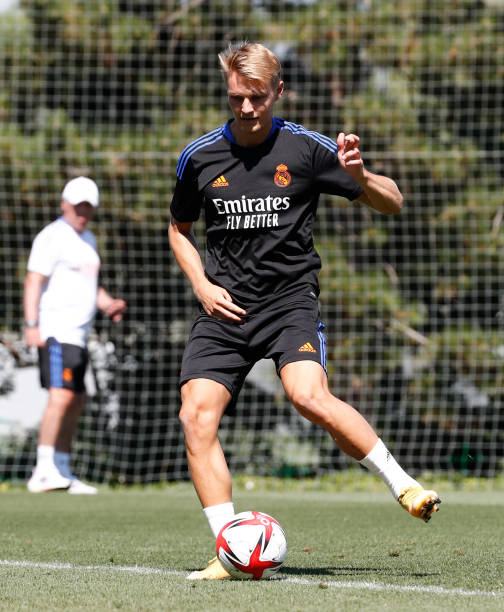
He can drop deep, move wide, press high, or create through the middle. Arsenal Ødegaard isn’t just a midfielder—he’s a tactical weapon with space to innovate.
6. Trusted with the Captain’s Armband
In a major show of faith, Arteta named Ødegaard Arsenal captain in 2022. This wasn’t just symbolic—it transformed his mindset.
As a leader, Arsenal Ødegaard became more vocal, driven, and aware of his role in shaping the club’s identity. Something Real Madrid never saw in him.
5. A Clear Development Path at Arsenal
Madrid wanted ready-made stars. Arsenal wanted a project—and Ødegaard fit perfectly into that vision. The Gunners took a long-term approach.
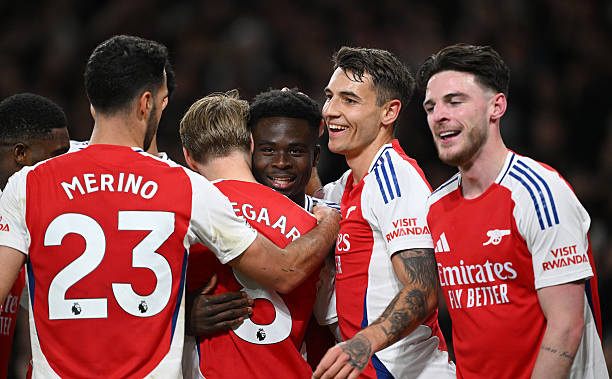
They didn’t just sign Ødegaard. They integrated him, coached him, and built around him. Arsenal Ødegaard has flourished in that structured environment.
4. Inconsistent Game Time Killed Momentum
During his years with Madrid, Ødegaard was constantly loaned out: Heerenveen, Vitesse, Real Sociedad. He never had a settled home.
Arsenal ended that cycle. They gave Arsenal Ødegaard regular starts, consistent minutes, and tactical trust—allowing him to find rhythm and confidence.
3. A Mismatch of Tactical Philosophies
Zidane’s Madrid played a style that emphasized experience, safety, and structure. Ødegaard’s natural creativity didn’t fit the mold.
Arteta, in contrast, encourages risk-taking and positional fluidity. Arsenal Ødegaard now plays a pivotal role in chance creation, pressing, and tempo control.
SUGGESTED FOR YOU
Madrid vs Arsenal: Arteta’s Gunners Seek to Rewrite History Against European Royalty
2. Signed Too Young, Too Soon
Joining Real Madrid at 16 was more of a branding move than a developmental one. Ødegaard was placed in Castilla, away from the first team and the mentorship he needed.
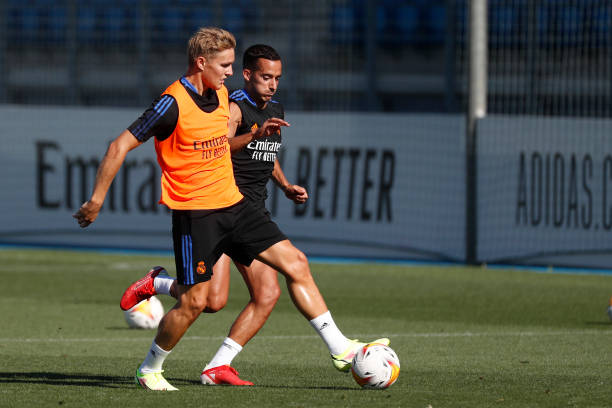
At Arsenal, he joined at the right time—with more experience and maturity. That timing was critical. Arsenal Ødegaard landed where he was finally ready to lead.
1. The Arsenal Ødegaard Era Begins – A Story of Redemption
The turning point in Ødegaard’s career wasn’t a goal or a headline—it was a loan move in January 2021 that gave him a second chance.
From that moment, his story flipped. Arsenal didn’t just give him a jersey—they gave him purpose. Today, Arsenal Ødegaard is not just a comeback story; he’s the symbol of Arsenal’s rise.
Final Thoughts
The story of Arsenal Ødegaard is a masterclass in smart career management, tactical fit, and long-term trust. Real Madrid may have signed the prodigy, but Arsenal unlocked the professional.
With each match, he validates Arsenal’s vision and exposes the gaps in Madrid’s approach to youth development. From being overlooked to becoming unmissable, Ødegaard’s rise is proof that the right environment can turn potential into power.






